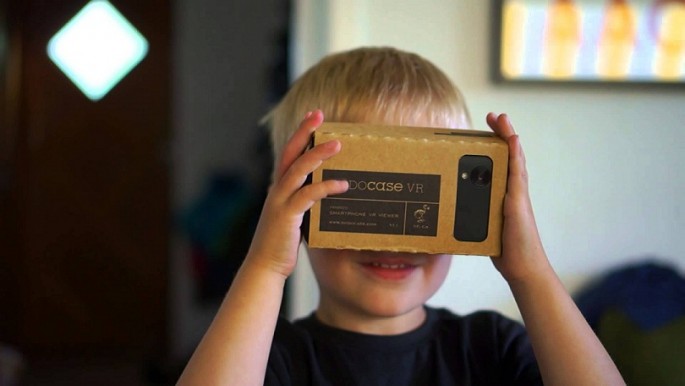A new study revealed that a significant portion of children between the age of 12 and 15 cannot tell a legitimate Google search result from a paid advertisement. The report came from a United Kingdom-based communications regulator.
According to the report released by Ofcom, only 31 percent of children between the age of 12 and 15 and 16 percent of children between the ages of eight and 11 can tell the difference between an organic search result from Google and a sponsored advertisement link.
Researches said that they showed a photo of a Google search result for the word "trainers" or sneakers. Most of the children were drawn to the first two results that are situated on top of the list, even though these results are marked by an orange box that shows the word "Ad" on it.
In a statement obtained by PC Mag, researchers noted, "Over the last few years, tablets are increasingly being used as a default entertainment screen, particularly among young children. This is set alongside a small but important decrease in the numbers watching TV via a TV set."
The Ofcom research also revealed that average British children between the age of 12 and 15 spend about three hours every day on the Internet. About 10 percent of the respondents also cite YouTube as their primary source of "true and accurate" information.
Ofcom researchers noted that the problem can be traced back to the lack of regulation that govern certain unsolicited and sometimes unofficial endorsements or advertisements. This kind of predatory advertisement could sway users into opening irrelevant contents on the Internet.



























